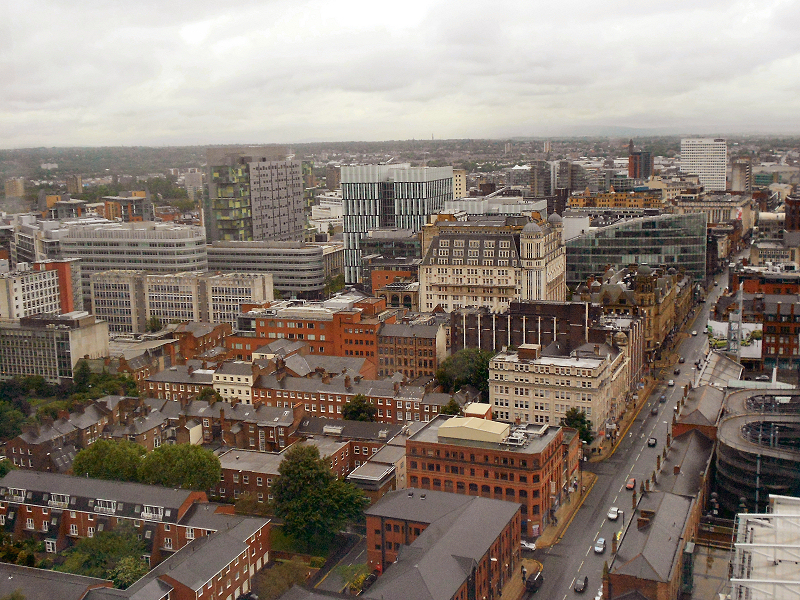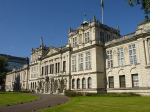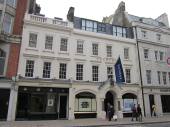
A major overhaul is on the horizon for a neighborhood in Manchester city as plans for a £1.7 billion redevelopment project take shape. The ambitious initiative, known as ID Manchester, will
transform the north campus of the University of Manchester into an innovation district, strategically located between the Mancunian Way and Piccadilly Station.
The project envisions the replacement of existing concrete structures with approximately 4 million square feet of space dedicated to education, retail, and residential properties. Within this, 2 million square feet will be allocated for commercial purposes, while 1,500 new homes will also be incorporated.
Pending approval for consultation by Manchester City Council on June 28, the multi-year endeavor is expected to generate over 10,000 job opportunities. The University of Manchester and Bruntwood SciTech, in a joint venture with Legal&General, anticipate the revitalization of heritage assets such as the Sackville Street and Renold buildings, along with Vimto Park. The district's nine acres of public spaces will adopt a "living landscape" approach, enhancing green areas, fostering community-nature connections, and promoting urban biodiversity with a targeted increase of at least 10 percent.
Council leader Bev Craig commended the continuation of Manchester's innovative spirit through this development, emphasizing the city's transformation into one of Europe's fastest-growing economies. The Oxford Road corridor, renowned for its educational, innovative, and research hubs, will further advance Manchester's specialist sectors in health, advanced materials, and biotechnology, driving economic growth and providing learning opportunities.
Lou Cordwell, director at ID Manchester, expressed eagerness to gauge public response, highlighting the project's potential to establish Manchester as a global leader in applied innovation. She emphasized the commitment to sustainable growth, inclusivity, and positive social impact within the ID Manchester vision. The project aims to align with the UK's Innovation Strategy while serving as an exemplar of inclusive innovation.
The University of Manchester's associate vice-president for Major Special Projects, John Holden, stressed the significance of ID Manchester as a platform for commercializing and scaling up new ideas and research. With a focus on future-oriented industries, the innovation district seeks to drive inclusive innovation and generate high-quality jobs. As a leader in sustainability, the university aims to contribute to economic prosperity, job creation, and the government's agenda for research and development, thus supporting the advancement of Greater Manchester and the UK as a whole. Photo by Manchester City Centre by David Dixon, Wikimedia commons.




































